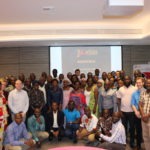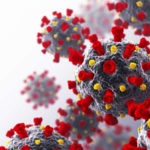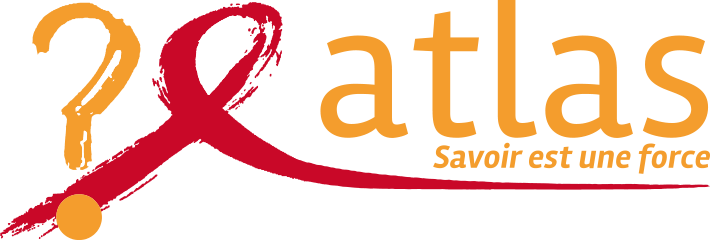At 66
years old, Maman Koffi shows inexhaustible energy to work to improve the status
of women around the San Pedro region of Côte d’Ivoire, which includes 10
administrative regions and 24 health districts. “I have been through a lot
myself,” she explains. “I bore eight children, but lost four before their fifth
year. I have experienced school pregnancies, home deliveries without medical
assistance, and one of my children died of malaria because he was not taken to
hospital but to the village. “Mama Koffi chose not to let her pain overwhelm
her, but rather to enter midwifery school. “I chose to be a midwife to prevent
this tragedy from happening to others, and I chose to work in the community to
raise awareness and help these mothers. “After her initial training, Maman
Koffi also graduated from the Ecole des Cadres in Côte d’Ivoire and then from a
University Diploma in Mother and Child Health obtained at the René Descartes
University Paris-V in 1996. At the beginning of her career, she and her
colleagues used to contribute when resources were lacking to organize awareness
sessions on women’s, mother and child health, but also on malaria and
tuberculosis prevention, or obstetric fistula. In 1998, “with some of my
sisters, I undertook the creation of the Association for the Management of the
Bardot Delegated Municipal Maternity Hospital (AGEMAB), the only maternity
hospital at that time in the large slum of Bardot, with the aim of relieving
congestion at the Regional Hospital Center (CHR) and contributing to the reduction
of maternal and infant mortality. »
With a view to optimizing the participation of the female community in the
management of the maternity hospital, in 1999 she initiated the creation of the
Association for the Promotion of Women’s, Mother, Child and Family Health
(Aprosam), of which she is still Executive Director today. Also President of
the Women’s Union of San Pedro, Côte d’Ivoire, Maman Koffi continues her daily
community work which has enabled her to reach thousands of women, mothers and children
and has recently integrated HIV self-testing kits, as a partner of the ATLAS
Project, into her activities. “We have two mobile clinics to reach female sex
workers (SWs) who are in the agro-industrial areas where the seasonal workers
are working. Self-testing is very well received, especially because these sex
workers did not come to the health centre for fear of being seen. Self-testing
really complements our service offer. “Since October 2019, 980 people have been
made aware of this complementary screening strategy, including 715 women.
Around 50 people have learned their HIV status and have been able to receive
treatment.
These community activities also include the development of income-generating
activities, so that these women can become empowered and fight against the
discrimination they face on a daily basis. “If one, two or three women get
involved in this way, they save children, they save mothers,” says Maman Koffi
while answering one of her incessant phone calls. A community resource, but also
a sympathetic ear and a devoted friend, Maman Koffi has put her life at the
service of women, so that they can free themselves from the barriers that
patriarchy imposes on them. “Today I am a grandmother, twice. But above all I
am the mother of all children in Côte d’Ivoire,” she concludes with a
mischievous smile.
*The month of March was “Zero discrimination against women and girls” day (1st March) and International Women’s Rights Day (8th March). On these occasions, the ATLAS Project chose to highlight the work of Maman Koffi, who, after growing up in a disadvantaged environment, chose not to resign herself and to fight for the health of women, mothers and children.

« Previous Post
Second consortium meeting of the ATLAS Project in Abidjan

Next Post »
ATLAS & COVID-19
